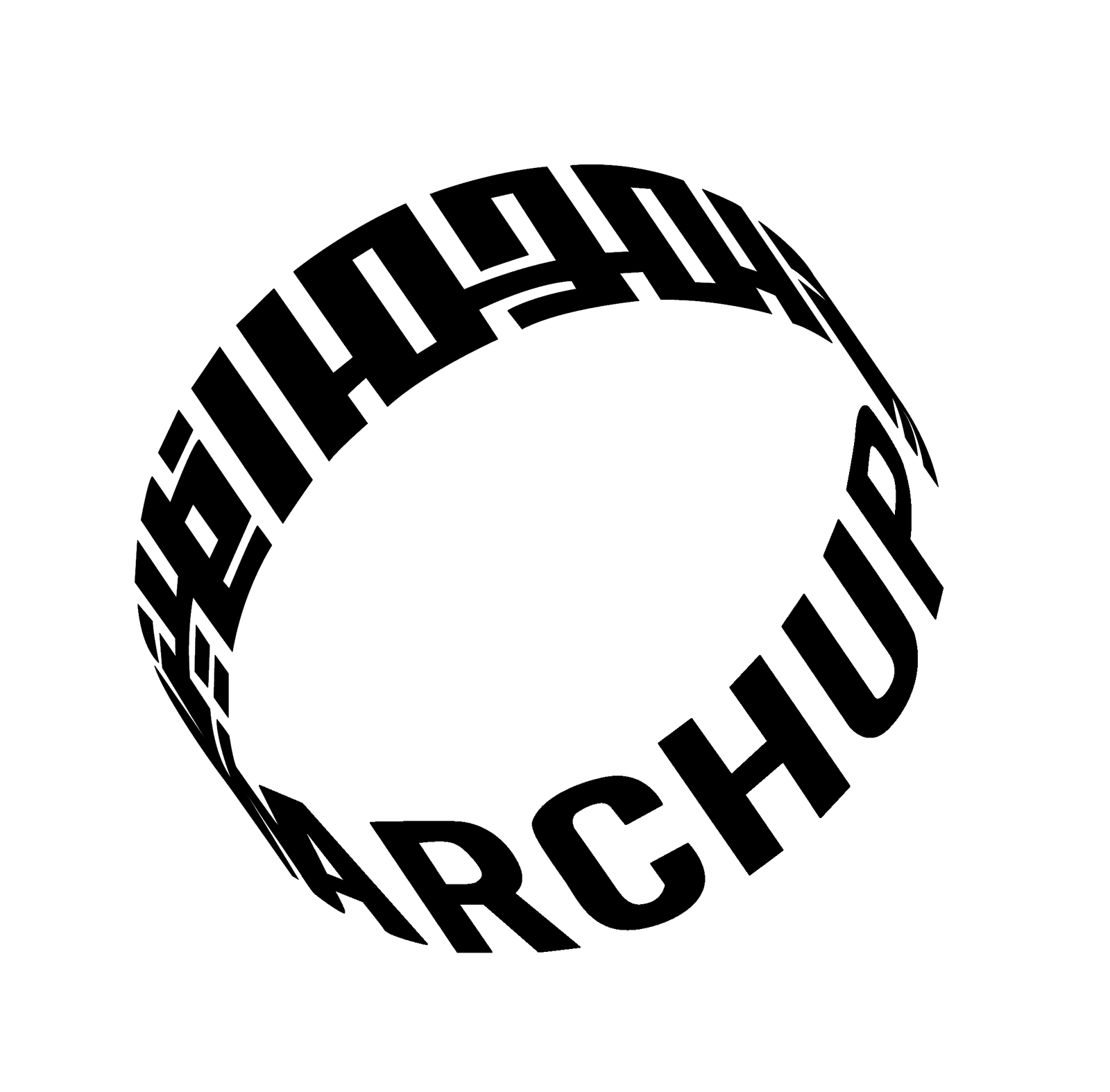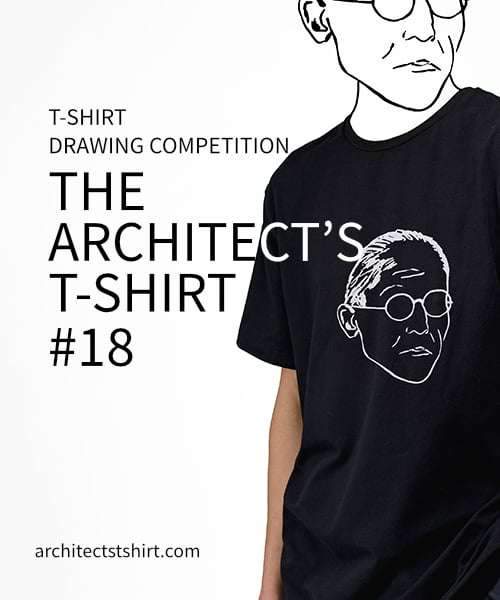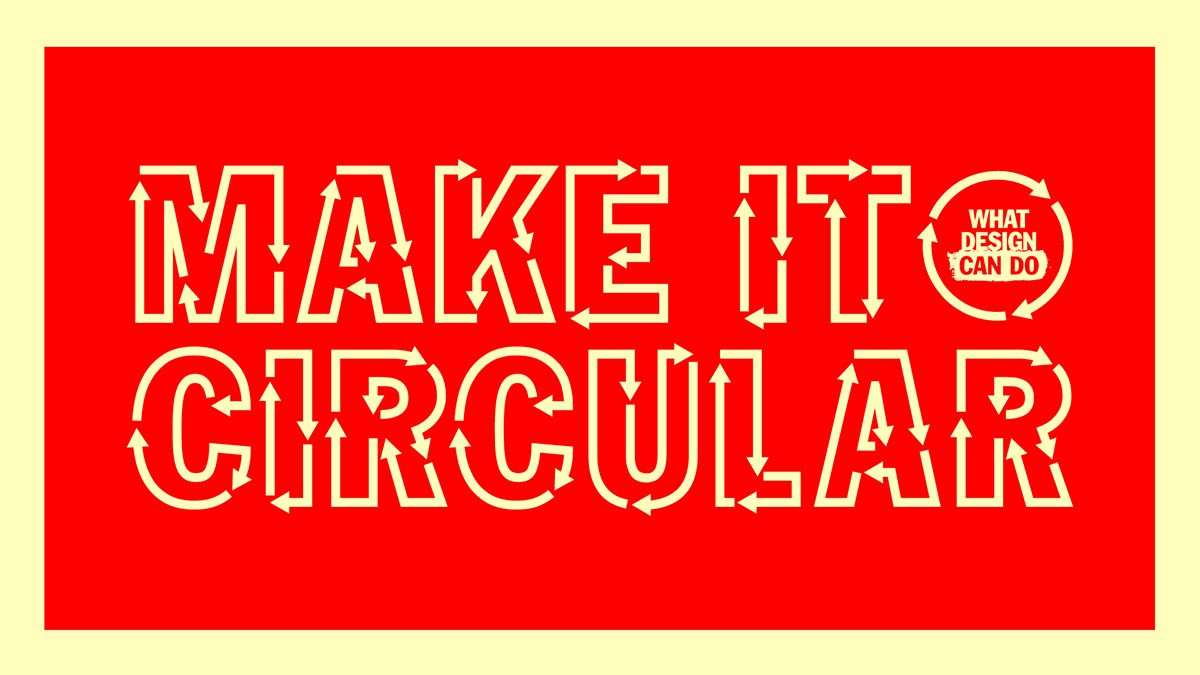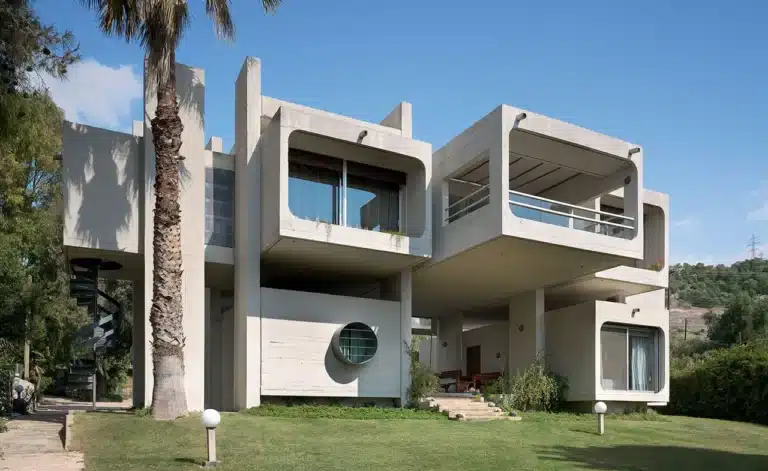Who can apply? Architects, artists, researchers, and writers of any nationality and any creative or research-related major, whether students, graduates, or independents.
Background: Throughout history, we’ve known that crises are an inevitable event that visits our cities every now then to impose all kinds of existential threats: wars, pandemics, colonization, natural disasters, economic breakdowns…etc. And yet in parallel there have been also many kinds of human adaptations and survival modes taken in, some were generated within the material of the town struggling within and against the urban life, et al. were seeking divergence or refuge in other foreign territories, faraway from an area land, local identity, and belonging, to seek out an-Other land, and an-other home, in an uncertain flow of placelessness, through diverse lands.
And based on this turbulent reality, we will begin our investigation journey by first asking:
- How can we redefine the role of local architects on a larger and more effective scale? Architect as artist, architect as social analyst and critic, architect as anthropologist?.
- How and where can we redefine the counter-territory at the present time, across Libya and beyond? What is the role of geographical and urban borders informing and controlling social masses and the reactions of these social masses?
- How can we express the existence of the counter-territory collectively and individually? What are the possible technical and artistic means to formulate an expressive countermap?
Project phases:
1st phase: a digital workshop | 17/11/2020
In the first phase, Tajarrod Foundation will organize, through its platform (Unit X), a one-week introductory digital workshop for a limited number of participants who applied through the open call and got accepted. The workshop will consist of short lectures, assignments and discussions on the concept of the project, its objectives and expected results.
2nd phase: competition period and studio work | 25/11/2020
Immediately after the completion of the workshop, the Unit X Supervisory board will nominate from 7 to 15 participants who will be prepared to be given a period of 36 days to conduct research and produce their countermaps for any geographical location of their choice, whether inside or outside Libya. This period will also consist of a midterm review to follow up on the participant’s research and creative process, and a final review where they submit their final work to be evaluated. In parallel, the Unit X team will also work collectively to research and produce countermaps for the Libyan context specifically.
3rd phase: output and rewards | 1/1/2021
Last but not least, 3 winners will be honored and rewarded with symbolic financial grants of $ 300 and will be invited to continue and join the online research team in Unit X to work collaboratively on the fourth stage of the project, which is the in-depth design research that the unit will undertake on the architectural potentials of countermaps, at the beginning of 2021.
Eligibility:
- Applicants should have similar interests to the subject of the project and have any previous related work (drawings, artworks, site analysis maps, research texts, etc.)
- Good English for understanding, communicating, and writing.
- Can contribute at least 4 hours a week for this project.
How to apply: please fill out the attached form at the following link. Also, for any inquiries, please do not hesitate to contact us at the Foundation’s email: info@tajarrod.org.ly
Team: Dr. Yara Sharif (University of Westminster, UK) – Arch. Sarri Elfaitouri (Libya) – Dr. Nasser Golzari (University of Westminster, UK) – Dr. Silvia Covarino (German University in Cairo, Egypt) – Arch. Altan Dervish (North Cyprus/UK) – Arch. Nada Elfeituri (Libya, UK) – Ms. Shan Yang (German University in Cairo, Egypt) – Arch. Haider Daoui (Libya) – Arch. Siepan Ismail (Iraq/Netherlands) – Arch. Halah Eljhani (Libya) – Arch. Marwa Griew (Libya) – Arch. Mohammed Boshnaf (Libya)- Mawadda Alobidy (Libya) – Ikhlas Ilzaidi (Libya) – Arch. Abdulatif algmati (Libya) – Arch. Seraj Suliman (Libya) – Arch. Naya Nama (Libya)
This project was supported partly by the Art Jameel platform for research and artistic practices. Special thanks to Arkenu Organization for Arts in Benghazi for giving us a workplace to prepare for the project. Artwork in poster background by the unique visual artist Tewa Bernosa, titled: Maps of (true Tripolitanians)
-
Title
Open Call: Counter-Territories, an International Urban and Art Competition and Digital Workshop -
Type
Competition Announcement (Student Competitions) -
Website
-
Organizers
-
Registration Deadline
November 15, 2020 11:30 PM -
Submission Deadline
December 31, 2020 11:30 PM -
Price
Free







